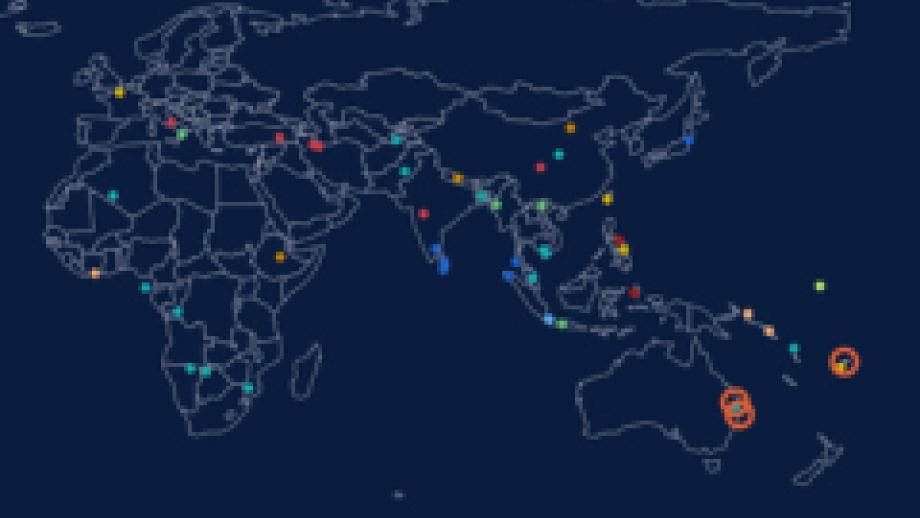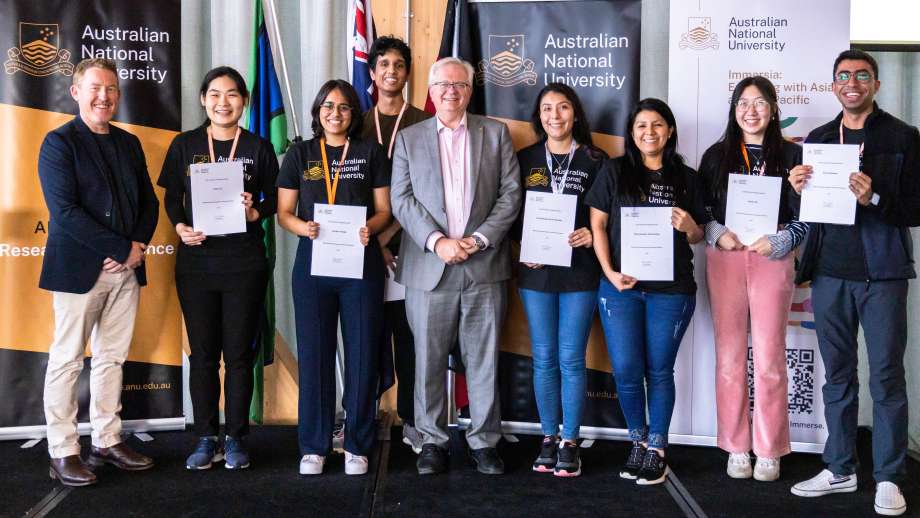What is the impact of intellectual property rules on access to medicines? Findings from a systematic review
Presented by ANU College of Asia & the Pacific
The World Trade Organization's Agreement on Trade-Related Aspects of Intellectual Property Rights (TRIPS) requires Member States to implement minimum standards of intellectual property protection including patents for pharmaceutical products, but also contains 'flexibilities' designed to address barriers to access to medicines. National intellectual property laws can include TRIPS-plus rules that go beyond what is required by TRIPS.
We systematically review literature that measures the impact of intellectual property rules on access to medicines. The main finding of this review is that longer, more stringent pharmaceutical monopolies created by patents and TRIPs-plus intellectual property rules are associated with increased drug prices, consumer welfare losses and increased costs to consumers and governments.
There is evidence that TRIPS flexibilities can facilitate access to medicines although their use is limited to date. There are few studies that included resource poor settings, signalling a need for greater research in such settings where the impact on access to medicines is likely to be more damaging.
About the speaker
Brigitte Tenni is a public health practitioner with focus and expertise in gender, sexual and reproductive health, HIV and access to medicines. She is currently a PhD candidate at La Trobe University. Her research aims to quantify the impact of trade agreements on access to medicines in Thailand and Cambodia and to explore the factors that influence decision making in relation to intellectual property, trade policy and access to medicines. Her supervisors are Deborah Gleeson of La Trobe University and Belinda Townsend of ANU. Deborah will be a discussant while Belinda will chair this discussion.
This event will be delivered online via Zoom only.
Location
Speakers
- Ms Brigitte Tenni
Contact
- RegNet



